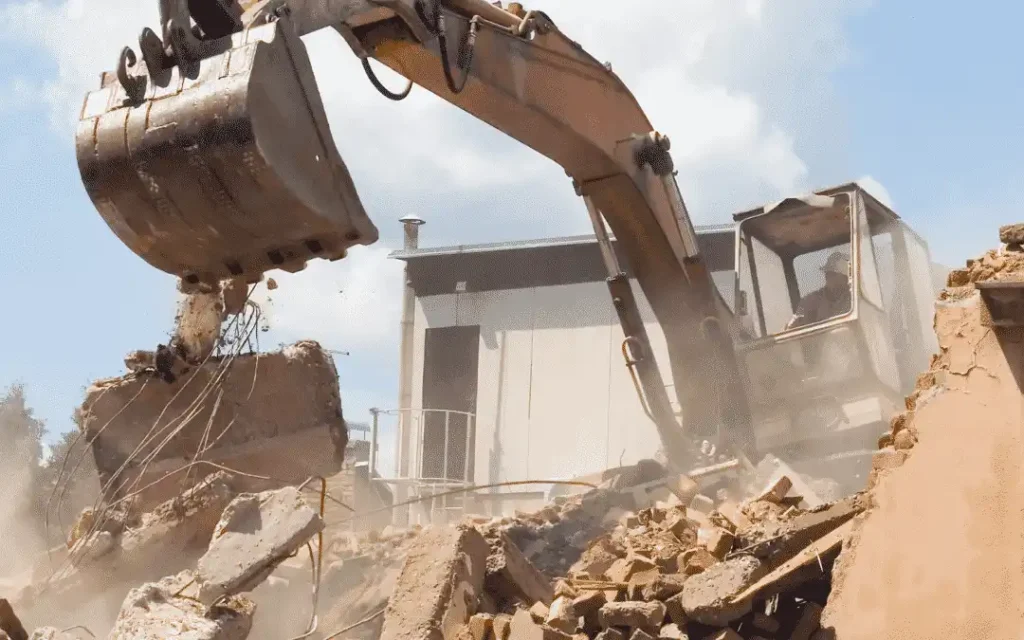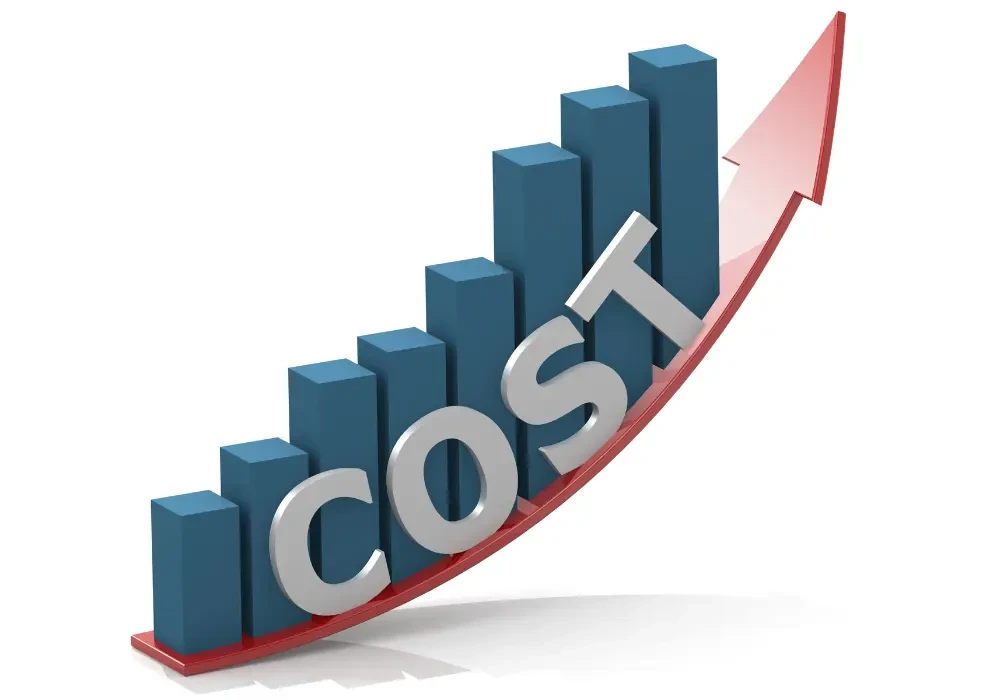Debris Removal Insurance
Debris removal work comes with unique challenges, especially when dealing with hazardous materials or post-disaster cleanups. This job can expose workers to dangerous situations, from asbestos exposure to accidents that could lead to significant financial losses without proper insurance.
Choose the right coverage from trusted insurance providers.































Why insurance is essential for debris removal companies

In my years of handling debris removal, I’ve learned just how dangerous this work can be, especially when dealing with hazardous materials or clearing construction sites after natural disasters. These tasks are not only vital to helping communities recover, but they also come with serious risks.
I’ve seen workers face medical issues due to asbestos exposure, and I’ve personally witnessed unexpected accidents that could have buried small companies in costs without the right insurance. This is why our Eagle Nation made sure to have policies in place that cover all potential liabilities. In fact, some coverage, like workers’ comp, is legally required and for good reason. When disaster hits, having proper insurance isn’t just smart, it’s survival.
What types of insurance do debris removal businesses need?
From my experience, debris and junk removal businesses face many common risks, so having the right insurance is key. The right policies help cover accidents, damages, and lawsuits tied to daily services. Without proper insurance, businesses can struggle when unexpected issues arise.
Business owner’s policy
This policy conveniently bundles commercial property and general liability insurance into one cost-effective plan for dealers. A BOP is ideal for securing auto shop insurance and shielding businesses from financial losses.
Under this plan
Customer injuries
Damaged customer vehicles
Damaged business property
Commercial auto insurance
A policy designed for dealers and repair shops helps pay for property damage and medical bills after an accident. It is required in many states for businesses that own cars.
Under this plan
Car accident repair costs
Vandalism and theft
Weather damage
General liability insurance
This policy covers basic liabilities for auto service businesses, protecting against dealer risks like customer injury at a repair shop. To maximize savings, businesses can bundle it with property insurance or a business owner’s policy for broader coverage.
Under this plan
Customer injuries at a repair shop
Accidental vehicle damage
Slander and advertising injuries
Workers’ compensation insurance
Workers’ comp is required for auto shops in almost every state to cover employee injuries and related costs. It protects both employees and sole proprietors by handling work injury costs that health insurance might deny.
Under this plan
Employee medical expenses
Partial wage reimbursement
Lawsuits
Tools and Equipment Protection Plan
Contractor’s tools and equipment insurance helps protect your construction gear no matter where you go. This policy keeps your tools and equipment safe while you’re moving them (in transit) or using them at a jobsite. To qualify, your items usually need to be valued under $10,000.
Under this plan
Equipment less than five years old
Mobile equipment
Small toolsa
Professional Liability Protection Plan
Professional liability insurance for contractors, also known as errors and omissions insurance, protects against financial losses when a construction mistake or oversight causes a lawsuit. This policy is key for handling claims related to your work and promises made to clients.
Under this plan
Accusations of negligence
Failure to complete construction
Failure to use promised materials
How much does insurance cost for debris removal businesses?

When I started working with debris removal businesses, I noticed that the insurance cost varied based on several factors. Smaller teams handling light junk or construction cleanup generally pay less, while larger companies with more services, expensive equipment, or higher business income often pay more. The type of policies, policy limits, and deductibles also play a big role in shaping the premium. That’s why it’s smart to assess your exact business needs before choosing a plan.
How do I get debris removal insurance coverage?
Getting debris removal insurance is straightforward if you have your company details ready. The process is simple: first, complete a free online application, then compare quotes and select the best policies that fit your business, and finally, pay for your coverage and download your certificate. Whether you’re an independent contractor or have employees, working with top-rated U.S. providers ensures you get the most affordable coverage tailored to your junk hauling and debris removal risks.
Two ways to start your coverage

Quotes online

Talk to an agent
Verified business insurance reviews
Hear from customers like you who purchased small business insurance.
Common Questions About Debris Removal Insurance
Debris removal insurance is part of a property insurance policy that reimburses cleanup costs after property damage. It typically only covers debris resulting from an insured peril, such as debris from a building fire, like charred wood or twisted metal.
For junk removal, general liability insurance is essential as it covers a wide range of debris removal accidents and basic risks. It protects you financially if someone, other than an employee, gets hurt or if you’re responsible for damaging someone else’s property. It’s often required by project owners and individual clients.
Yes, falling objects, including satellites, asteroids, meteors, and space debris, are covered under standard homeowners and business insurance policies.
Property owners can either handle debris removal themselves or get help from insurance settlements, assistance from citizen volunteers, the private sector, or voluntary organizations. Local or state governments often manage the disposal of disaster-related debris that property owners place at the curb for scheduled pickup.
The main difference between junk removal and dumpster rental is the labor involved. Junk removal is done for you, while a dumpster rental is an independent process where you handle the waste removal.
Top construction contractors we insure
Don't see your profession? Don't worry.
We insure most businesses.

"This insurance has been a lifesaver for my debris removal business. The workers' comp and liability coverage have kept me protected during risky jobs, especially post-disaster cleanups."